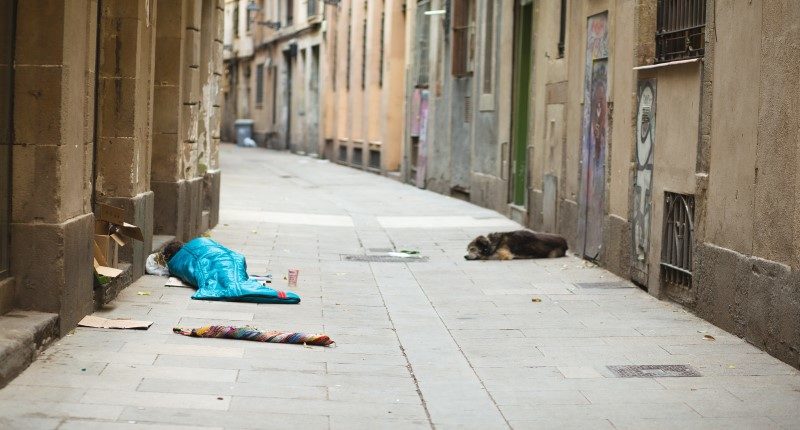
- Report calls for government to provide more affordable housing
- Everybody's Home, a national campaign to end homelessness welcomes the report
- Everybody's Home claims $7.7 billion government investment in housing would yield massive benefits
The report, COVID-19: Rental Housing and Homelessness Impacts – An Initial Analysis is calling on the Federal Government to deliver more affordable rental housing for struggling Australian families.
Conducted by the University of New South Wales (UNSW) and the Australian Council of Social Service’s Poverty and Inequality, the report notes that the Federal Government’s role in the design and implementation of housing and homelessness responses (as distinct from cash payments) has been extremely hands-off.
Kate Colvin, spokesperson of Everybody’s Home, a national campaign to end homelessness, welcomes the report, saying that despite temporary measures during the pandemic, such as eviction moratoriums and emergency accommodation programs, housing security is about to rapidly worsen for many Australians once these programs are phased out.
“Compared with the situation at the start of the pandemic the number of households suffering housing stress will increase anywhere from 5% to 18% depending on the severity of the recession.
“COVID exposed a social-housing system that is deeply strained and lacking a supply pipeline to meet demand.”
In particular, Ms Colvin explains that renters were hit much harder by COVID than homeowners. She claims this will only get worse, and especially so in regional Australia.
An internal report conducted by Equity Economics and commissioned by Everybody’s Home claims government investment of $7.7 billion in social housing (including federal funding complemented by funds from states in territories) would reduce homelessness, boost the post-COVID economy by $18.2 billion and create 18,000 jobs a year over four years.
“We must heed the lessons of COVID-19 about the importance of home and the value of Government stimulus and start to build new social housing. We can start with building 30,000 social housing units, that will not only provide homes for those that need it most, but also help boost the economy,” concluded Ms Colvin.







